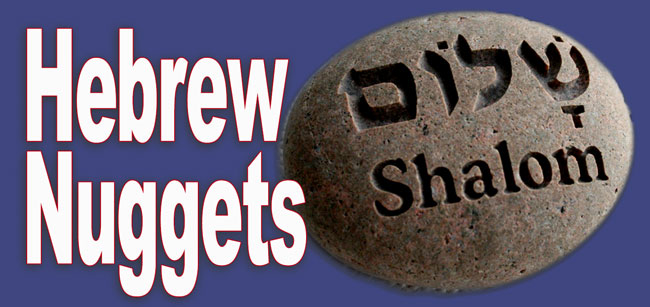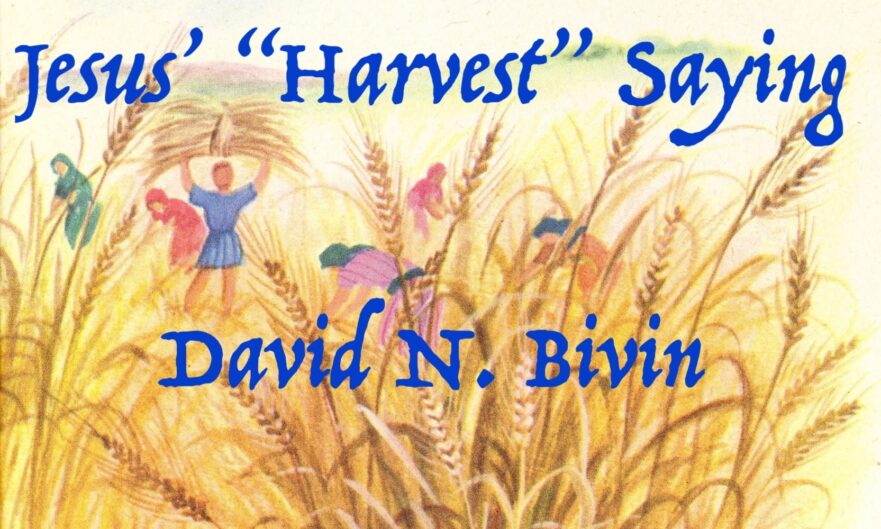The short account of the resurrection of the widow’s son in Nain has a very Semitic feeling. If the Nain story was written originally in Greek, it is a very semitically flavored Greek. Several linguistic features of this story suggest that it may have been written originally in Hebrew.
Hebrew Nuggets, Lesson 2: Jesus’ Hebrew Name (Part 2)

Many of Jesus’ words were spoken against a profoundly Hebraic background. We believe that a knowledge of Hebrew is central to understanding much of what Jesus said, and what was written about him in the Gospels. This is the second of a series of articles about the Hebrew language. Hopefully, these “nuggets” will encourage you to explore the riches Hebrew study can offer to those who want to understand the Bible more fully. The second sound in Jesus’ Hebrew name, יֵשׁוּעַ (ye·SHU·a‘), is a vowel. Hebrew vowels are represented by signs that are placed under, or sometimes, to the left of consonants (letters). A vowel is pronounced after the consonant that carries its sign.
Hebrew Nuggets, Lesson 1: Jesus’ Hebrew Name (Part 1)

In my view, Hebrew is the key to understanding the Jewish background to Jesus’ words. Jerusalem Perspective, therefore, features a serialized Hebrew course for beginners. Each issue will include a bite-sized Hebrew lesson.


